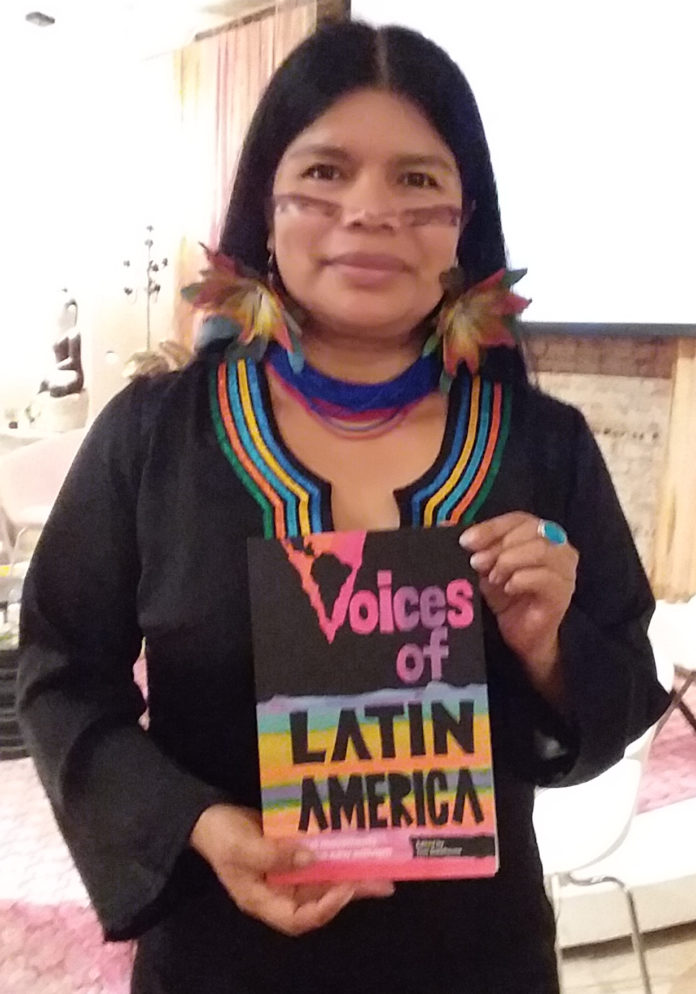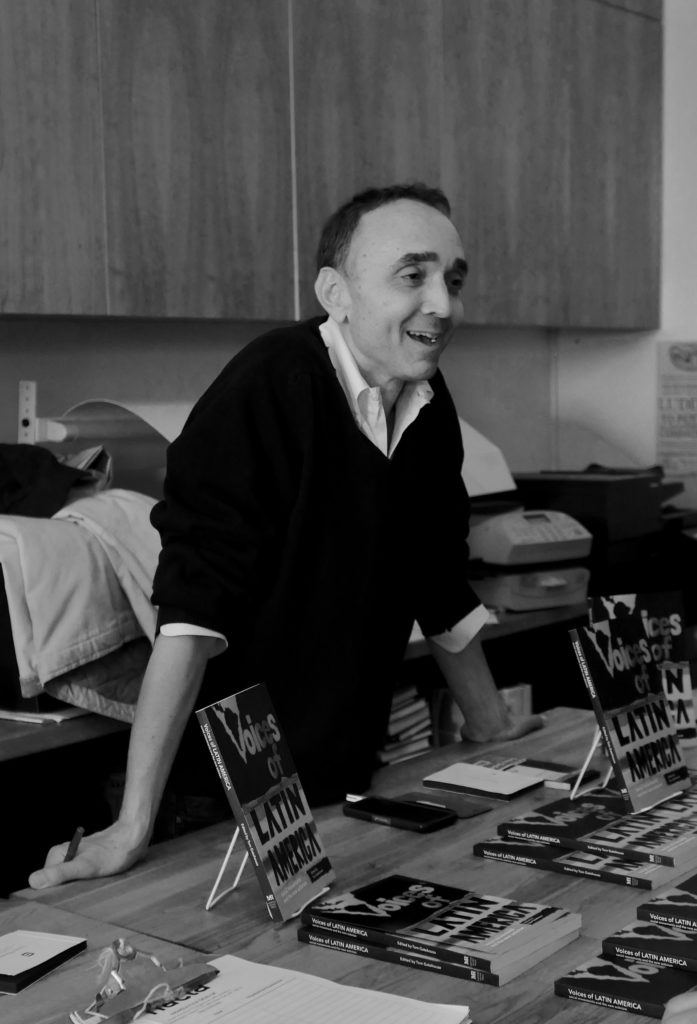
Hosted by Monthly Review Press, NACLA, Voices editor Tom Gatehouse, and the New York Latin America Bureau team, Voices of Latin America: Social Movements and the New Activism was launched in Brooklyn, New York on 16th May at the Verso loft in Jay Street, on the East River under the shadow of the historic Brooklyn Bridge.The event was chaired via Skype by Marcos Orellana, Director of Environment and Human Rights at Human Rights Watch.In addition to human rights work, Marcos represented the eight-nation Independent Association of Latin America and the Caribbean (AILAC) in the negotiations of the Paris Agreement on Climate Change, and was a legal advisor to the UN Environment Program (UNEP).
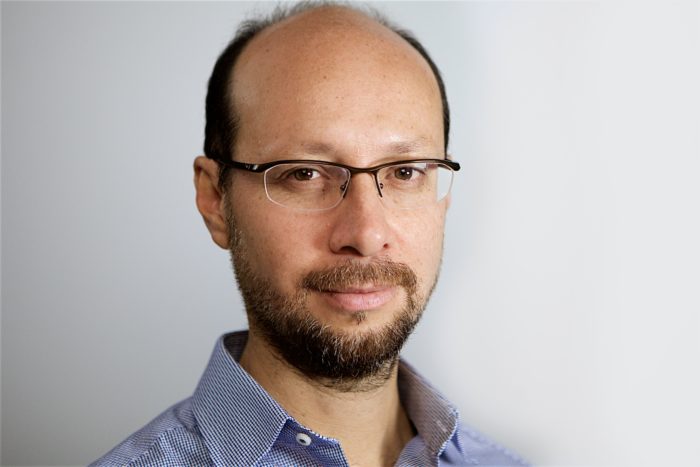
Marcos highlighted the challenges facing left-leaning environmentalist governments such as those of Bolivia and Ecuador, who are dependent on the extractive industries for their survival; and the risks faced by indigenous environment defenders on the continent, in view of the ongoing murders of political activists in Brazil, Peru, Chile and Colombia, that collectively make Latin America the most dangerous continent for human rights defenders.
Marcos’s words were echoed by Voices of Latin America editor, Tom Gatehouse, who illustrated his talk with extracts from Voices as well as explaining the story behind Latin America Bureau and the Voices project.
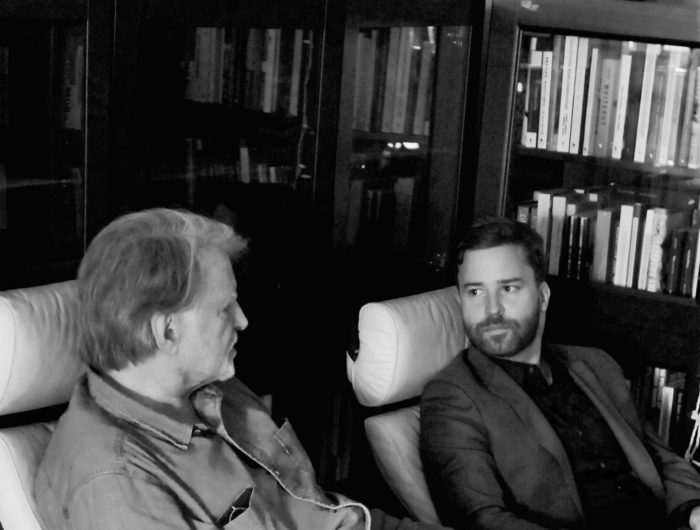
Casey Box , Director of Land is Life, which supports indigenous communities in their struggle to retain their lands and cultures, and facilitates their participation at the UN Permanent Forum on Indigenous Issues. Casey stressed the importance of the concept of Free Prior and Informed Consent for indigenous peoples under the United Nations Declaration on the Rights of Indigenous Peoples (UNDRIP) of 2007, a groundbreaking moment for communities who face contamination of their lands, dispossession and exile from their ancestral territories as a result of the corporate and state interests, including those from China, who engage in mineral and fossil fuel extraction.
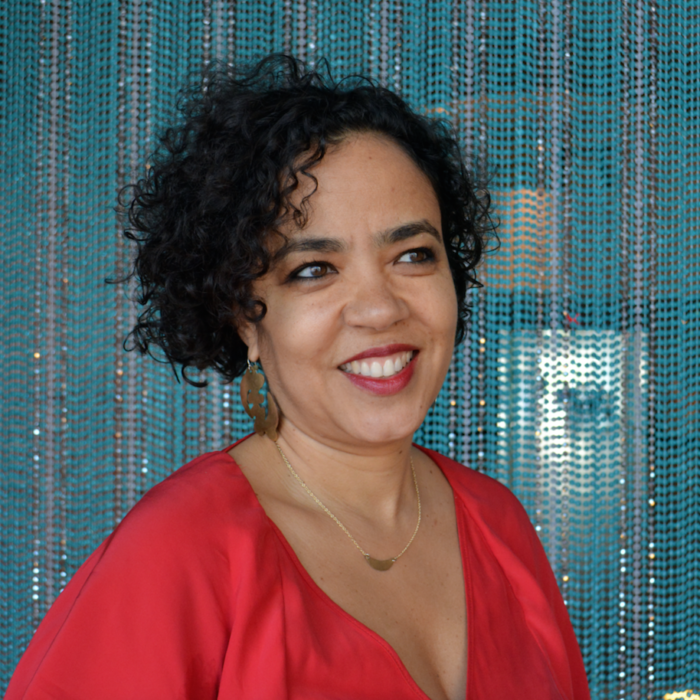
Adjoa Jones de Almeida, Brazilian/African American community organizer, spoke about the legacy of Marielle Franco. She said: “Books like Voices are important in that they provide us with opportunities to think intersectionally, in the way that Rio city-councilwoman Marielle Franco pushed us to do. Franco, who was killed by pro-Bolsonaro militia in 2018, was a vocal advocate of multiple issues: Poor women, Afro-Brazilians, LGBTQ rights, and against police violence. She refused to choose or prioritize one of these issues over the other. Similarly, Voices integrates a myriad of social issues being tackled by grass-roots social movements across Latin America, through the inclusion of case-studies and direct interviews with those most impacted by structural inequities.”
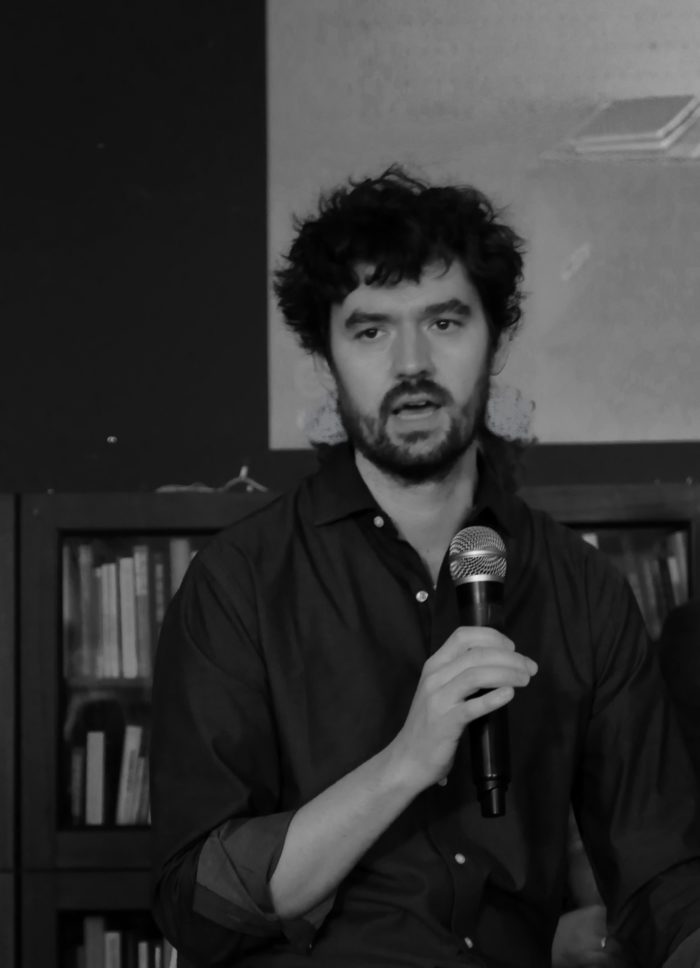
Socialist and feminist activist Camila Valle spoke movingly of the 1 million-strong women’s demonstrations in both Argentina and Mexico, and the emergence of the ‘Ni Una Menos’ movement in Buenos Aires that began in March 2015 and then spread across the continent – recalling the ‘Ni Una [Muerte] Más’ mobilisations led by Mexican feminist activist Susana Chávez, who was murdered in 2011 for protesting the wave of femicides in Ciudad Juárez since the early 1990s.
Finally, Gabriel Hetland, SUNY Professor and political sociologist, delivered his ‘11 Theses on Venezuela’, denouncing US intervention and President Trump government’s hypocrisy in supporting the government of Saudi Arabia while calling for intervention in Venezuela. At the same time, Hetland advocated ‘critical, honest, and open debate’ with regard to Venezuela’s economic policies, allowing for differences in approaches to economic and political policymaking.
Latin America Bureau are grateful to Monthly Review’s Martin Paddio, and to Laura Weiss and David Pastor of NACLA, for their participation in the event, and to Verso Books for their hospitality in providing a venue for the launch.
Details of the US edition and where to purchase it can be found on Monthly Review Press’ website.

